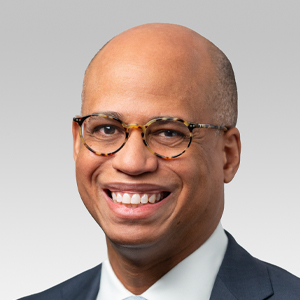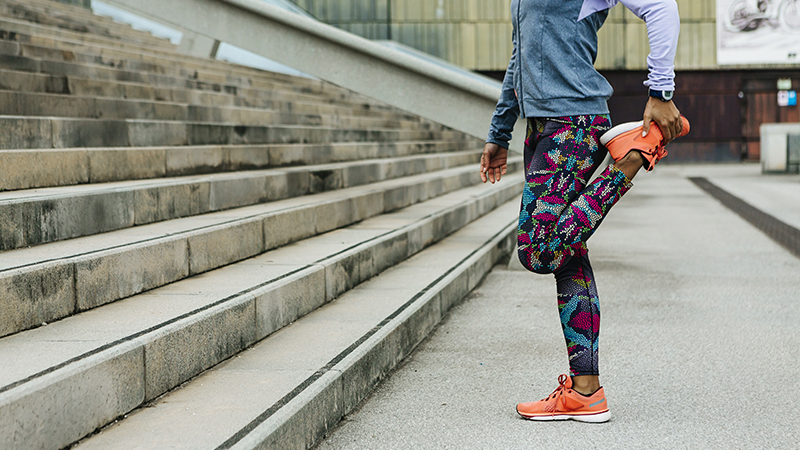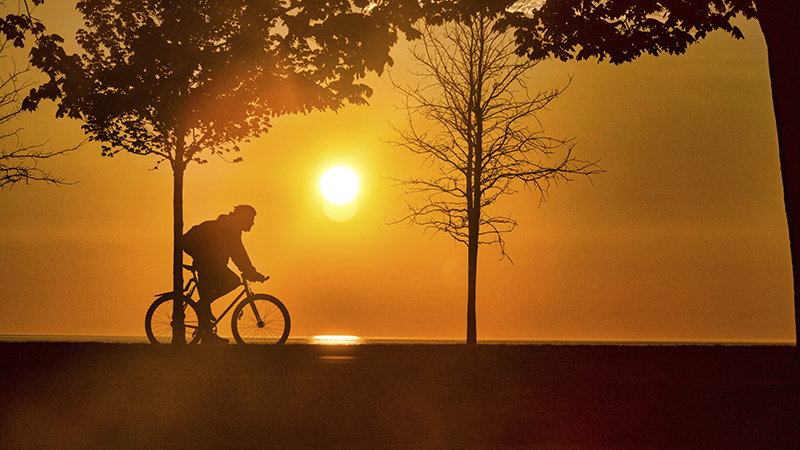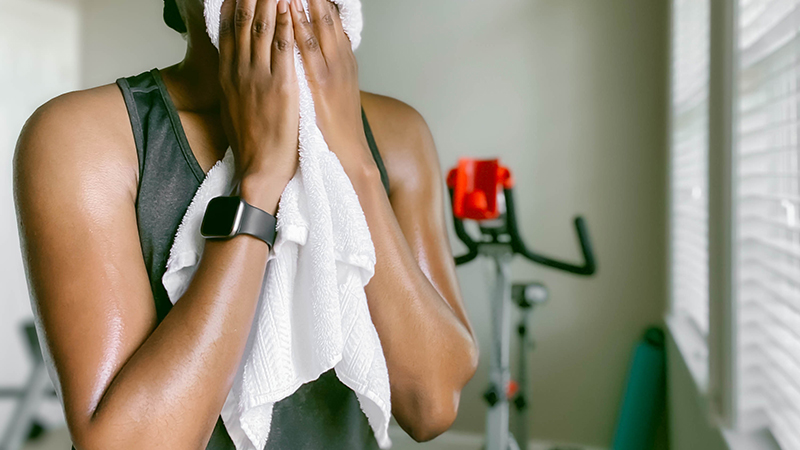Can Physical Activity Affect Testosterone?
A Urologist Explains
Updated June 2025
Exercise impacts your body in many ways, including your hormone levels. For men, exercising three to four times a week as part of a regular routine has been associated with a stable elevation in testosterone levels. The type of exercise you choose also makes a difference, according to Nelson E. Bennett, MD, a urologist at Northwestern Medicine.
Read on to learn how different workouts can influence testosterone and how you can make the most of your routine.
The Link: Exercise and Your Hormones
Testosterone, the primary male sex hormone, can boost your mood and libido as well as build muscle and strength.
Research shows that testosterone levels temporarily rise after exercise, ranging from 15 minutes to an hour, depending on factors like age, weight, fitness level, and the type and duration of the exercise. Younger men tend to get a bigger post-exercise boost. Testosterone levels also vary throughout the day; levels are typically higher in the morning and lower in the afternoon.
Different Forms of Activity Have Varying Impact
Understanding how different types of physical activity — from strength training to moderate-intensity exercise — influence your testosterone levels can help you make informed decisions about your fitness routine and maximize your benefits.
Resistance (strength) training: Lifting weights, using resistance bands or doing bodyweight exercises like squats and push-ups puts stress on your muscles, signaling your body to produce more testosterone to aid in muscle growth and repair. Compound exercises, like deadlifts, squats and bench presses, work multiple muscle groups simultaneously and tend to have the most significant effect on testosterone levels.
High-intensity interval training (HIIT): Short bursts of intense exercise followed by brief recovery periods can also lead to a testosterone surge. HIIT workouts are time-efficient and can be incorporated into various activities like cycling, rowing, sprinting or bodyweight circuits.
Moderate-intensity aerobic exercise: Continuous cardio workouts like jogging, hiking and swimming offer significant overall health benefits and help with weight management and heart health, which indirectly support healthy testosterone levels. Excess body fat, particularly around your belly, is linked to lower testosterone levels and heart disease.
Finding the Right Balance
Although exercise gives you a testosterone boost, more isn’t always better. “Overtraining, characterized by excessive exercise without adequate rest, can actually have the opposite effect and lead to a decrease in your testosterone levels,” says Dr. Bennett. “Your body needs time to recover and rebuild.”
You want to challenge your body enough to stimulate hormone production, but not so much that it becomes overly stressed. Finding the “sweet spot” — the right intensity, duration and frequency of exercise for your needs — is key.
While exercise plays a key role, several other factors can also affect your testosterone, including:
- Fitness level
- Body weight
- Age
- Medical conditions, such as testicular disorders (primary hypogonadism), pituitary and hypothalamic gland disorders (secondary hypogonadism), diabetes, heart disease or metabolic syndrome
Also, don’t underestimate the importance of a healthy diet and a good night's sleep for hormone balance. Healthy sleep patterns, along with a nutrient-rich diet with adequate amounts of zinc, vitamin D, magnesium, healthy fats and protein, play a role in healthy testosterone production.






